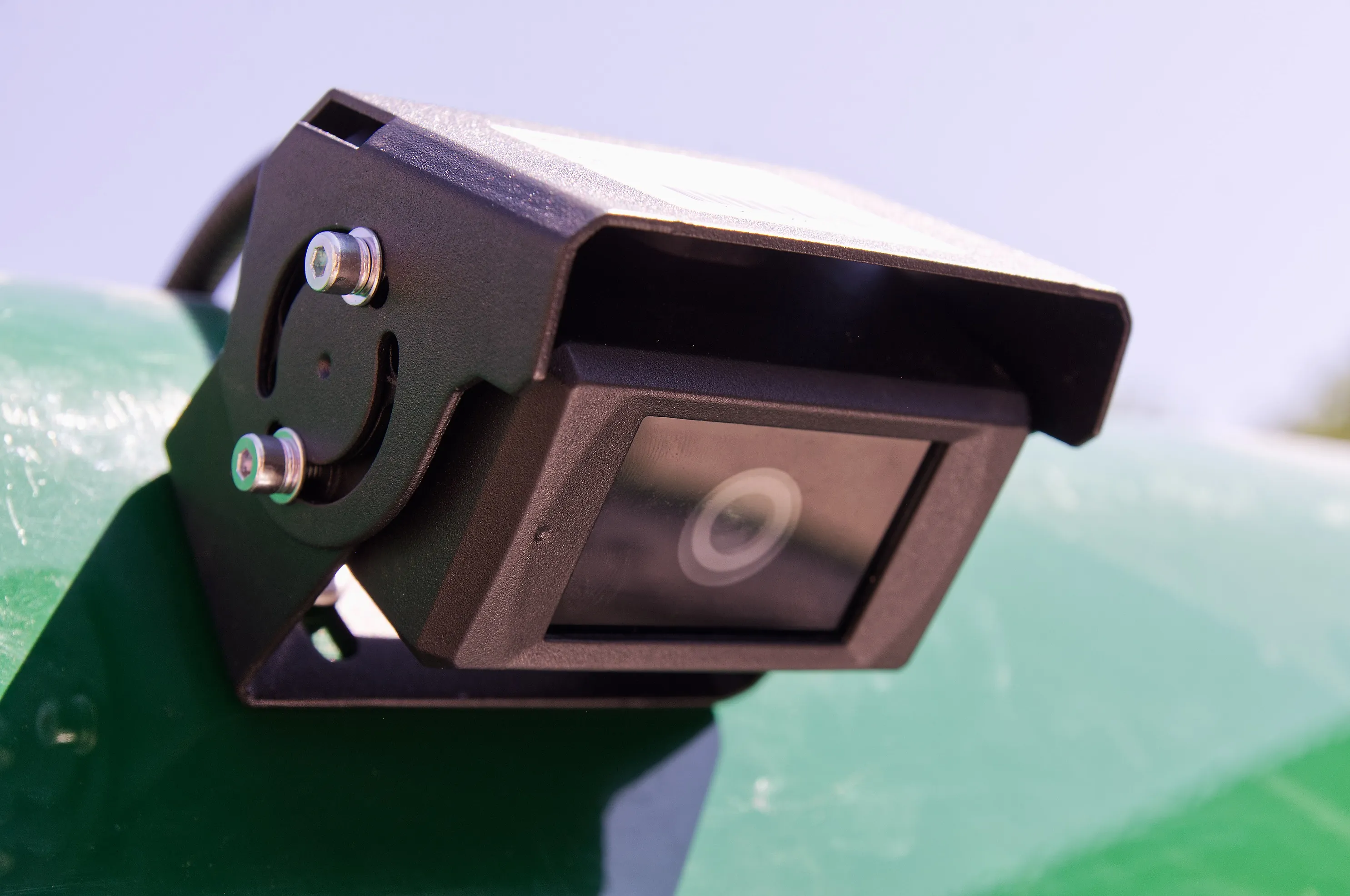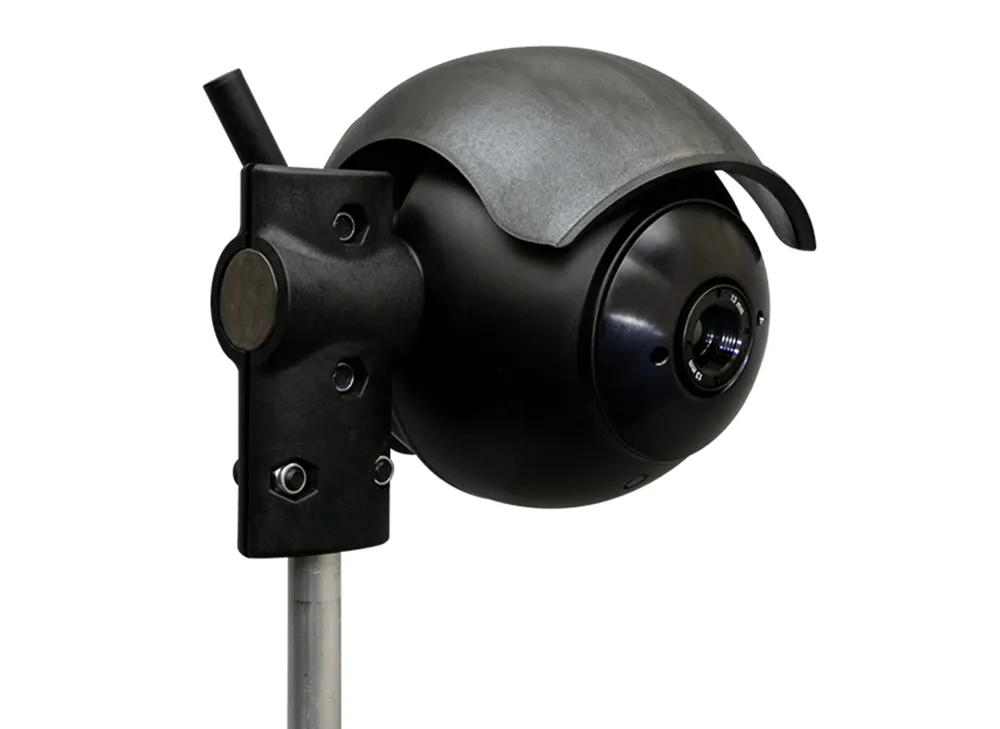
Brigade Electronics has launched a new range of AI Intelligent detection cameras, to be fitted to the front and rear of trucks or buses, in the UK.
Designed for blind-spot detection, the new cameras use AI to recognise humans within a predefined detection zone and warn drivers visually and/or audibly before a possible collision occurs.
Brigade says they have a range of improved features and offer enhanced visibility at both ends of the vehicle.
The cameras require no configuration software, making them quick and easy to install for passenger transport such as buses, as well as for logistics fleets.
Thierry Bourgeay, Brigade senior product manager, says they will have "a significant impact on the commercial vehicle safety landscape".
He adds: "Their advanced features and capabilities make them an invaluable tool for fleet operators and drivers, ensuring that our roads are safer and more secure than ever before."
The cameras produce high definition images, showing people in a coloured box overlayed on the HD camera image on the driver’s monitor.
Image processing and detected person overlay are built into the plug-and-play cameras, which are compatible with all Brigade HD monitors and MDR digital video recorders and include the Brigade Select range of connectors.








